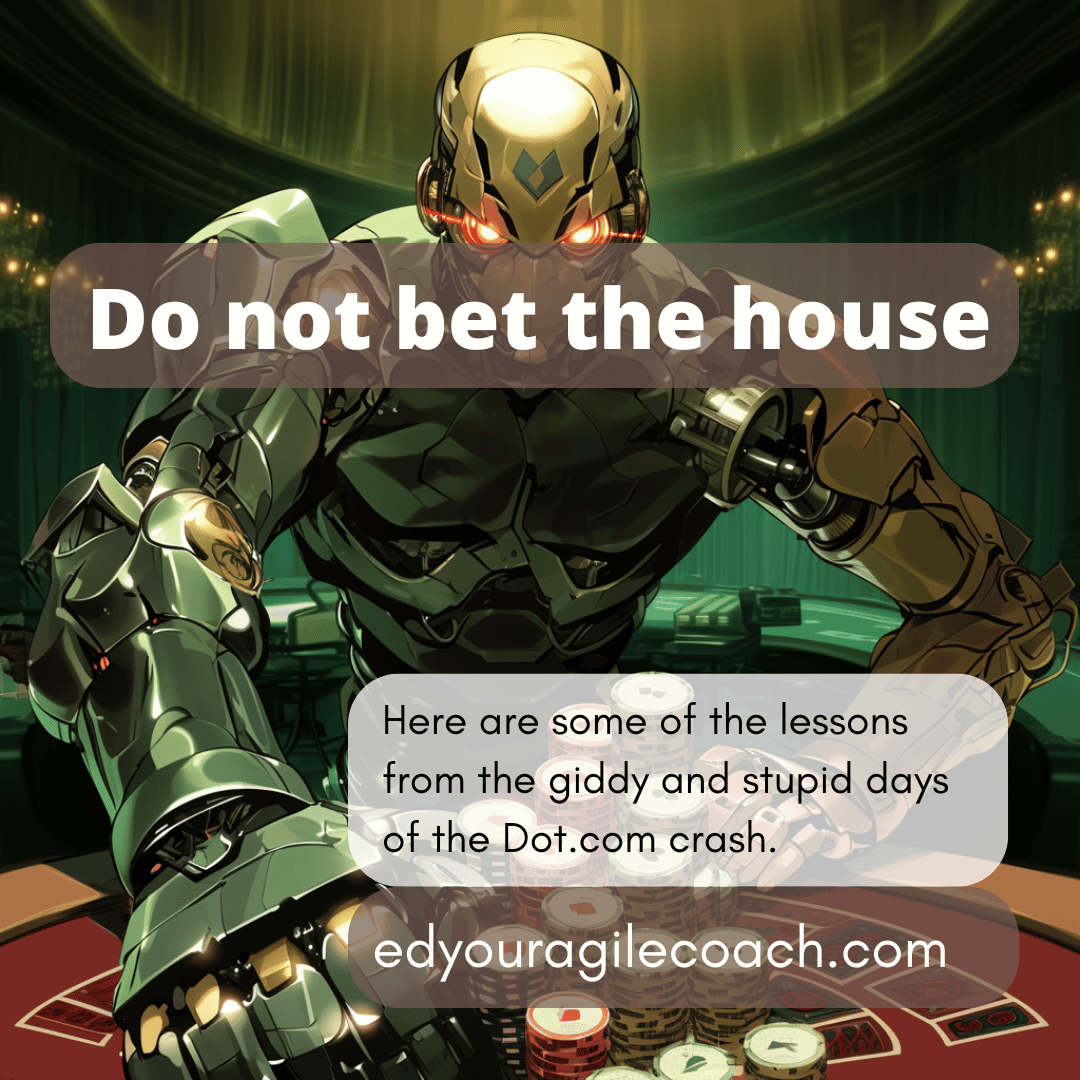Dungeons and Dragons made me a better scrum master.

As a teenager, I stumbled into the world of gaming. Board games, toy soldiers, and Dungeons and Dragons became a central feature of my young life. My initial fascination became a lifelong hobby. Today, my house contains thirty years of scale model soldiers, tanks, ballistae, and medieval fortifications. It also occurs to me that my hobby helped shape my career as a scrum master.
Dungeons and Dragons was one of the first commercial role-playing games. It came out in 1974. I discovered it in the early 1980s as the hobby caught on nationally. The game featured all the tropes of swords and sorcery. To a nerdy kid picked last for most games on the playground, it was a chance to be a powerful wizard or hulking warrior. Dragons, Orcs, and goblins would quake in fear at the mention of my name.
Through the hobby, I met many older kids who would become my friends and mentor me through high school. Saturday nights would be spent over a pizza and brave heroics around White Plume Mountain. I was exposed to mythology, H.P. Lovecraft, and the differences between a gully dwarf and a mountain dwarf. It was a great way to grow up.
It occurred to me the skills I learned over pizza have been invaluable to me in my later life. In Dungeons and Dragons, I was a dungeon master, and the key to success was organization. I had countless folders of non-player characters, maps, and tables covering any possible circumstance. This organization would help me as a scrum master as I chased down requirements for user stories and test cases.
The improvisational theater aspects of role-playing games make me comfortable leading discussions and retrospectives. Because of role-playing games, I write better than many of my peers. This has made me stand out from the other developers and scrum masters in my firm. The ability to be organized, improvise when necessary, and facilitate communications in a group means that a good dungeon master can quickly become a good scrum master.
I still spend time painting soldiers and playing board games. I have even written some material for Steve Jackson games. I would love to run another game if I could find the time. Until then, I take comfort in my hobby, which has given me some of the tools to succeed in my career.
Until next time.




Comments ()